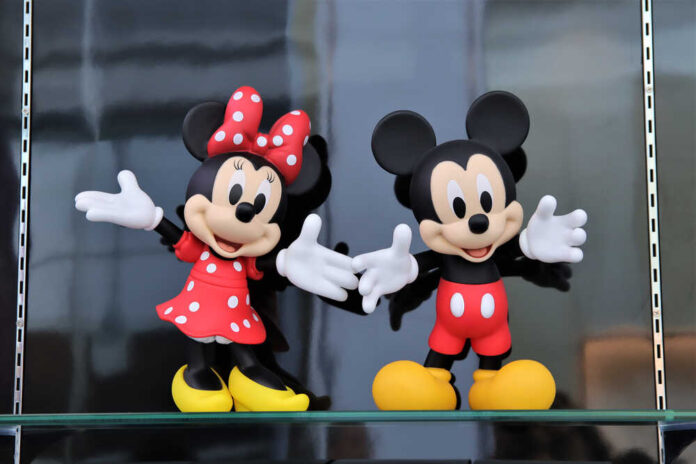
Two indie horror films featuring the beloved Mickey Mouse were announced just 24 hours after Disney’s copyright on the character expired.
“Steamboat Willie,” the first Disney movie to showcase Mickey, entered the public domain in the United States on Monday, 95 years after its initial release. This means that the early versions of the characters in the film, including Mickey and Minnie, are now open for anyone to copy, share, reuse, and adapt.
Despite Disney’s cautionary stance on safeguarding their iconic character, eager filmmakers quickly revealed their plans for unauthorized adaptations and remakes.
One of the upcoming films, “Mickey’s Mouse Trap,” follows a masked killer dressed as Mickey, terrorizing a group of friends in an amusement arcade. The other untitled horror-comedy explores a sadistic mouse tormenting unsuspecting ferry passengers.
Director Jamie Bailey of “Mickey’s Mouse Trap” shared their playful approach to portraying Mickey Mouse as a murderer in this low-budget horror-comedy, in a YouTube trailer of the movie scheduled for release in March.
Filmmaker Steven LaMorte, known for his 2022 slasher film “The Mean One” inspired by The Grinch, plans to create his twisted version of Mickey. In a press release, LaMorte stated that the potential for pure, unhinged terror lies beneath Mickey’s cheerful exterior. Production on this untitled film is scheduled to begin in the spring.
Similar to last year’s micro-budget slasher film “Winnie-the-Pooh: Blood and Honey,” which drew attention after the copyright on the first A.A. Milne books expired, these new Mickey Mouse adaptations are expected to face scrutiny from Disney.
While the earliest black-and-white version of Mickey is now in the public domain, the more colorful character from later Disney films, like “Fantasia,” remains under copyright protection. Disney’s trademark rights also prevent any film or product that could mislead consumers into thinking Disney made it from being liable.
Disney is dedicated to safeguarding the copyright of modern interpretations of Mickey Mouse and other works still under their legal protection. Additionally, they aim to prevent any consumer confusion arising from unauthorized usage of their well-known characters.
However, despite potential legal concerns, LaMorte told Variety that they are taking precautions to ensure clarity about their film’s intentions and that there should be no question or confusion about their version of the public domain character.













